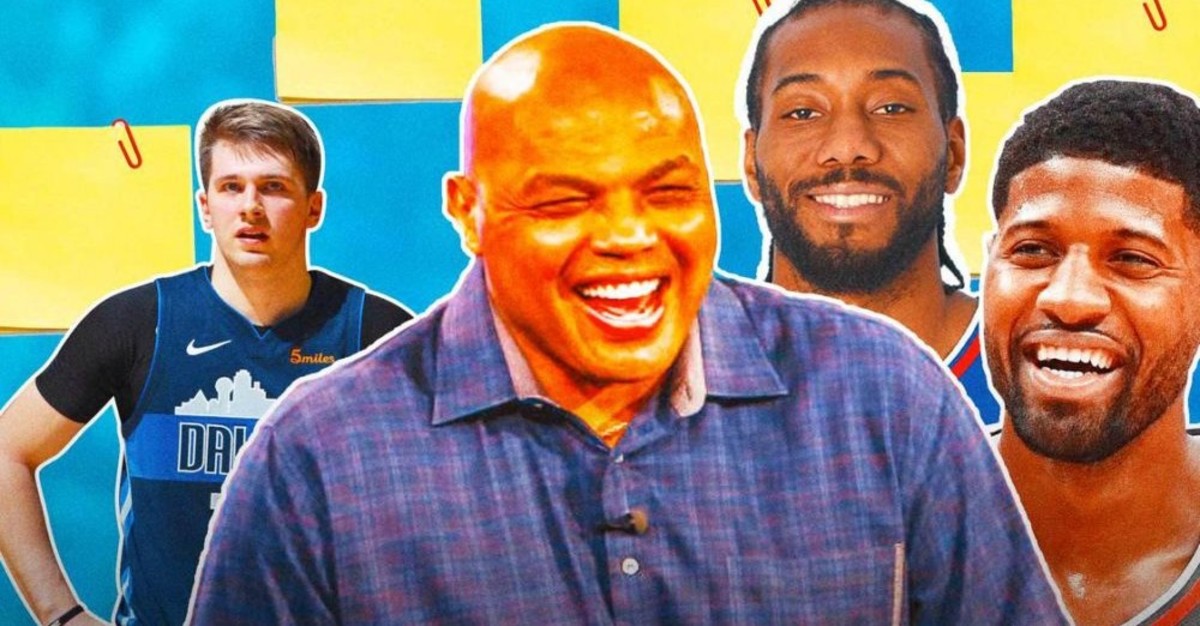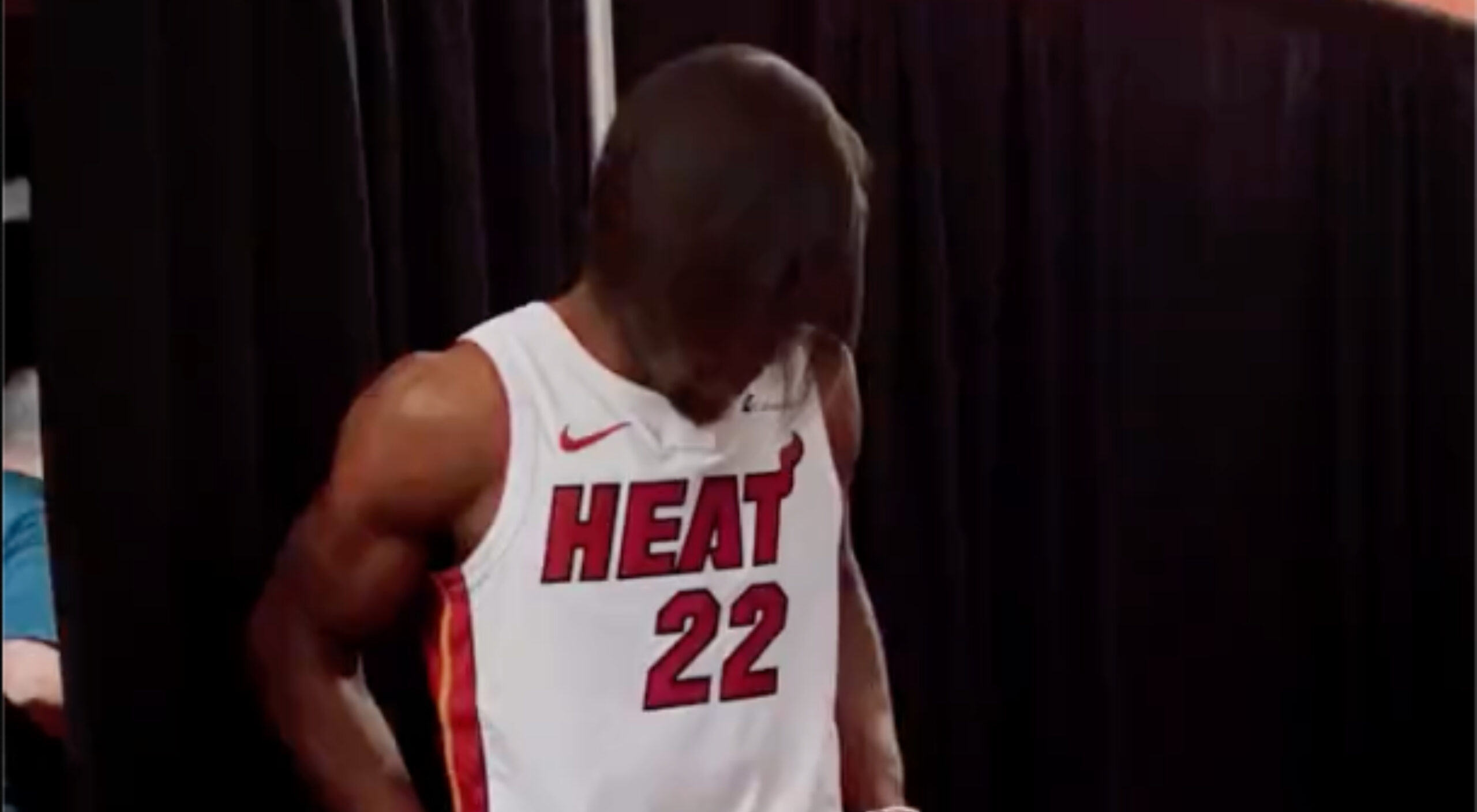Private Equity Acquires Boston Celtics For $6.1 Billion: Fan Concerns

Table of Contents
Financial Implications and Impact on Team Spending
The primary concern among many Celtics fans revolves around the financial implications of the private equity acquisition. Will the new owners prioritize maximizing profit over competitive team building? This question is central to understanding the potential impact on the Celtics' future success.
-
Will the new owners prioritize maximizing profit over competitive team building? Private equity firms are known for their focus on return on investment. This raises concerns about potential cutbacks in team spending, especially regarding player salaries. Could this lead to a less competitive roster?
-
Could this lead to decreased spending on player salaries impacting free agency signings? The ability to attract top talent in free agency is crucial for sustained success in the NBA. Reduced spending could significantly limit the Celtics' ability to compete with other teams for marquee players. A shift in budget allocation could mean fewer high-profile signings and a less competitive team on the court.
-
Analysis of the private equity firm's investment strategies and their historical approach to sports teams. Examining the track record of the acquiring firm is vital. Have they historically prioritized winning or profit maximization in their sports investments? This analysis can shed light on their potential approach to managing the Celtics.
-
Potential for increased ticket prices and merchandise costs. Increased profitability could translate into higher prices for fans. Increased ticket prices and merchandise costs could alienate some fans, especially those with limited disposable income. This is a significant concern for maintaining fan loyalty and a vibrant gameday atmosphere.
-
Discussion on the financial stability of the team under new ownership. While the acquisition itself signals a high valuation, the long-term financial health of the team under private equity ownership needs careful consideration. Will the new owners ensure the team remains financially stable and competitive for years to come?
Changes in Team Management and Coaching Staff
Another significant concern is the potential for changes in team management and the coaching staff. The new owners might opt for a restructuring, potentially impacting the team's established culture and leadership.
-
Potential for restructuring within the front office and coaching staff. New owners often bring in their own people to oversee operations. This could lead to a significant turnover in key personnel, potentially disrupting team cohesion and established strategies.
-
Will the new owners retain current management and coaching, or implement changes? Maintaining continuity in leadership can be crucial for a team's success. The uncertainty surrounding the fate of the current management and coaching staff is a major source of anxiety for fans.
-
Analysis of the potential impact of new leadership on team cohesion and performance. Changes in leadership can affect team dynamics. A sudden shift could negatively impact player morale and overall team performance. A smooth transition is critical to mitigate potential disruptions.
-
Concerns about the loss of continuity and established team culture. The Celtics have a rich history and a strong team culture. Changes in leadership could jeopardize this established culture, potentially impacting the team’s identity and performance.
Impact on the Fan Experience
The fan experience is paramount to the success of any sports franchise. Concerns exist regarding potential negative impacts on the accessibility and overall enjoyment of Celtics games under the new ownership.
-
Will the fan experience be negatively affected by the new ownership? This is a critical concern for many fans. Will the focus on maximizing profits lead to a diminished fan experience?
-
Potential for increased ticket prices and decreased accessibility for average fans. Higher ticket prices could price out many long-time fans, leading to a less diverse and representative fan base.
-
Concerns regarding changes to gameday atmosphere and fan engagement initiatives. The unique atmosphere of Celtics games is a key part of the fan experience. Any changes to gameday initiatives could negatively impact this atmosphere.
-
Discussion on the new owners’ commitment to maintaining strong fan relationships. Maintaining strong fan relationships is essential for long-term success. The new owners need to demonstrate a clear commitment to engaging with the fanbase and ensuring a positive gameday experience.
Long-Term Vision and the Celtics' Future
The long-term vision of the new owners is crucial for the Celtics' future success. Concerns exist regarding the alignment of the owners’ goals with the team’s winning tradition and the maintenance of a strong, competitive culture.
-
What is the long-term vision of the new owners for the Boston Celtics? Clarity on the long-term vision is vital. What are the new owners' plans for the team's competitive standing, player development, and overall strategy?
-
Will the new owners prioritize maintaining the team's winning culture and tradition? The Celtics have a strong winning tradition. Preserving this tradition is crucial for maintaining fan loyalty and attracting top talent.
-
Analysis of the private equity firm's long-term strategies in sports ownership. An understanding of the firm's past investments in sports franchises can provide insight into their potential long-term plans for the Celtics.
-
Discussion on the impact of the acquisition on the team's competitive standing in the NBA. The acquisition's impact on the Celtics' ability to compete for championships is a paramount concern for fans.
Conclusion
The $6.1 billion acquisition of the Boston Celtics by a private equity firm presents a complex scenario with both potential benefits and significant risks. While the deal highlights the franchise's immense value, legitimate concerns exist regarding the financial implications, potential management changes, fan experience, and the long-term vision for the team. Fans will be closely monitoring the new owners’ actions, assessing their commitment to upholding the Celtics' winning tradition and ensuring a positive experience for the loyal fanbase. The future success of the Boston Celtics under this new ownership remains to be seen.
Call to Action: Stay informed about the developments surrounding the Boston Celtics' new ownership and share your thoughts and concerns about the future of the team. Join the conversation about the impact of private equity on the Boston Celtics and how this ownership change will shape the franchise's future. Let your voice be heard regarding the future of your beloved Boston Celtics.

Featured Posts
-
 Charles Barkley Predicts The Winner Warriors Timberwolves Playoffs Showdown
May 15, 2025
Charles Barkley Predicts The Winner Warriors Timberwolves Playoffs Showdown
May 15, 2025 -
 Warriors Rockets Game 4 Nba Fan Reaction To Jimmy Butlers Injury Status
May 15, 2025
Warriors Rockets Game 4 Nba Fan Reaction To Jimmy Butlers Injury Status
May 15, 2025 -
 Nhl Announces Canadian Partnership With Ndax For Stanley Cup Playoffs
May 15, 2025
Nhl Announces Canadian Partnership With Ndax For Stanley Cup Playoffs
May 15, 2025 -
 Nhl Playoffs 2024 Where To Watch Every Game
May 15, 2025
Nhl Playoffs 2024 Where To Watch Every Game
May 15, 2025 -
 Neal Pionk All The Latest Rumors And Game Highlights
May 15, 2025
Neal Pionk All The Latest Rumors And Game Highlights
May 15, 2025
Latest Posts
-
 Watch 3 Free Star Wars Andor Episodes On You Tube Now
May 15, 2025
Watch 3 Free Star Wars Andor Episodes On You Tube Now
May 15, 2025 -
 Andor Book Axed Concerns Over Ai Generated Content
May 15, 2025
Andor Book Axed Concerns Over Ai Generated Content
May 15, 2025 -
 Star Wars Andor Companion Book Scrapped The Ai Controversy
May 15, 2025
Star Wars Andor Companion Book Scrapped The Ai Controversy
May 15, 2025 -
 Andor Season 2 Release Date What To Remember Before Watching
May 15, 2025
Andor Season 2 Release Date What To Remember Before Watching
May 15, 2025 -
 Ai Fears Halt Publication Of Star Wars Andor Novel
May 15, 2025
Ai Fears Halt Publication Of Star Wars Andor Novel
May 15, 2025
